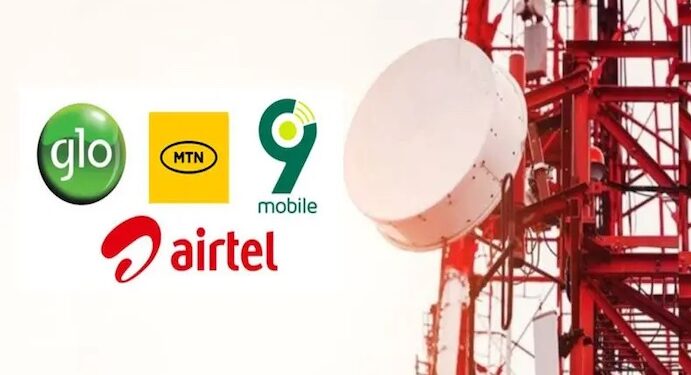The Federal Government of Nigeria has rejected the proposal for a 100% increase in telecom tariffs by Mobile Network Operators (MNOs), following a stakeholders’ meeting held in Abuja. The Minister of Communications, Innovation, and Digital Economy, Bosun Tijani, clarified that while some companies had been agitating for higher tariffs, the government would not approve the proposed increase in its entirety.
Tijani confirmed that ongoing consultations with the MNOs and other telecom service providers are focusing on striking a balance between protecting consumers and ensuring the sustainability of the telecom industry. He explained that the Nigerian Communications Commission (NCC) will soon release new tariffs that will be more moderate, ensuring that telecom companies continue to invest in the sector while avoiding an undue burden on Nigerians.
“You’ve seen over the past weeks that there’s been agitation from some of these companies to increase tariffs. They’re requesting for a 100 percent tariff increase, but it won’t be by 100 percent. We are still reviewing the study, and NCC will provide a clear directive on how we go about it,” Tijani stated, adding that the government aims to protect both the Nigerian people and the growth of the telecom sector.
The minister emphasized the importance of building an effective regulatory framework for Nigeria’s communications sector, one that drives growth, creates jobs, and supports other critical sectors of the economy. He also revealed that the government is now prioritizing direct investments in telecom infrastructure, breaking away from the reliance on private sector funding alone.
“For years, we’ve left infrastructure investment in the hands of private entities, but now we recognize the need to accelerate investment in this infrastructure. The government will step in, not just to talk about tariffs, but to focus on meaningful connectivity that provides high-quality services to Nigerians,” Tijani added.
Dr. Aminu Maida, Executive Vice-Chairman of the NCC, echoed Tijani’s sentiments, explaining that the discussions around the tariff increase are ongoing, with a clear focus on ensuring the sector’s sustainability. Maida confirmed that the NCC is reviewing various factors before making a final decision, assuring Nigerians that a final resolution would be communicated within one to two weeks.
In addition to tariff concerns, the NCC is addressing issues related to quality of service. Maida explained that the NCC has updated its service regulations to ensure greater transparency in billing and to eliminate complex pricing schemes that often confuse consumers. He called on MNOs to adopt simplified templates to make it easier for Nigerians to understand the costs associated with voice calls, SMS, and data services.
“We are moving away from the old system where you have a base rate followed by bonuses at different rates. This often leads to confusion for Nigerian consumers,” Maida said. The NCC also plans to address consumer complaints, including concerns over data theft, by improving oversight and enforcement of compliance standards.
Responding to the government’s position, Airtel Nigeria CEO, Dinesh Balsingh, acknowledged the economic pressures driving the request for higher tariffs. In a statement released through the company’s spokesperson, Femi Adenirin, Balsingh emphasized that the rising operational and capital costs made tariff adjustments necessary for the long-term sustainability of the telecom sector.
“The proposed tariff adjustments aim to ensure the continued growth of the sector, while unlocking significant benefits for Nigerian consumers,” Balsingh stated, highlighting the company’s commitment to delivering superior connectivity and promoting digital inclusion across the country.


